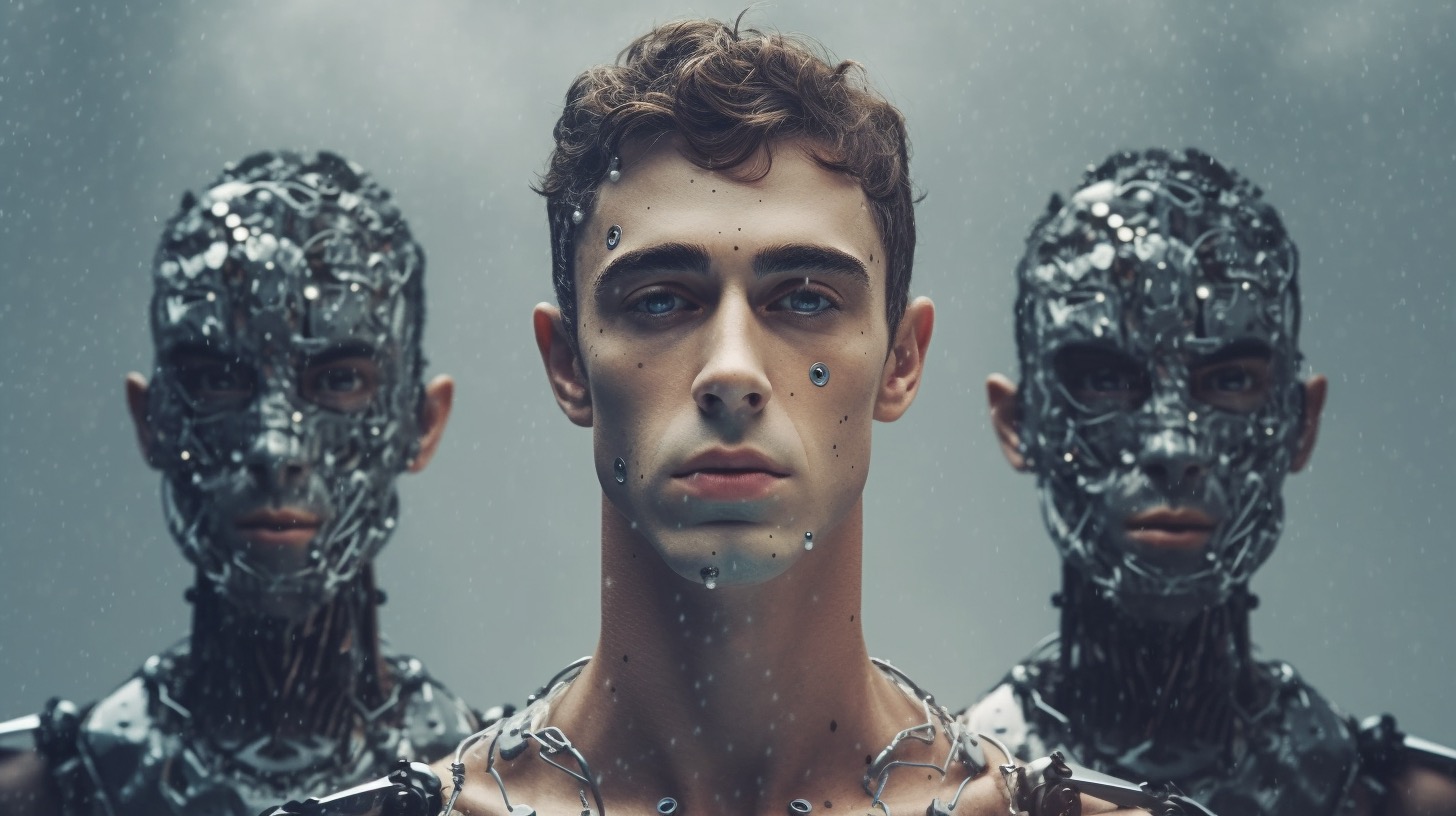Dove’s extensive international research reveals a significant impact of unrealistic beauty pressures on women. A comprehensive study conducted by the globally recognized personal care brand Dove, encompassing 33,000 respondents from 20 countries, has culminated in the release of a revealing ‘Beauty Perception’ report. This investigation exposes the extent to which women endure the burdens of beauty expectations.
Artificial intelligence amplifies beauty pressures beyond attainable levels. Experts predict that by 2025, a staggering 90% of online content will be AI-generated. Last year alone, text-to-image algorithms produced 15 billion visuals. These AI-enhanced images have been identified as a destructive influence on women’s self-perception.
Significant statistics from the study:
– Eight out of ten women and young girls reported exposure to false, toxic beauty depictions in media.
– One in three women feels pressured to alter their appearance due to AI-generated images of women online, despite knowing they are not real.
– One in four women and half of young girls are satisfied with visual representations of different versions of themselves through AI, yet advocate for greater transparency and inclusivity in beauty representation.
Perceptions within Turkey:
– Over half of Turkish women and young girls believe that with the myriad of options available, there are no excuses left not to conform to beauty standards.
– Women’s self-confidence concerning their beauty in Turkey has seen a 13% decline over the past decade.
– Three out of ten women and young girls feel judged based on their appearance.
– One in five Turkish women would consider sacrificing up to five years of their life to achieve the ideal beauty standard.
– Two out of three women believe that the expectation to be physically more attractive than their mother’s generation is prevalent.
Key Questions and Answers:
What are the effects of unrealistic beauty standards on women?
Unrealistic beauty standards can lead to a variety of negative effects on women, including lowered self-esteem, body dissatisfaction, and an increased likelihood of developing mental health issues such as depression, anxiety, and eating disorders.
How is artificial intelligence contributing to beauty pressures?
Artificial intelligence (AI) contributes to beauty pressures by generating and proliferating images that often portray unattainable beauty standards. AI can create hyper-idealized and manipulated images that may distort perceptions of beauty among women and young girls.
What are the challenges in combating unrealistic beauty standards?
Challenges include changing pervasive cultural norms, the powerful influence of social media and advertising, and the vast reach and speed of AI technology in spreading these images. Additionally, industries that profit from insecurities about appearance, such as the beauty, fashion, and cosmetic surgery industries, may resist change.
What controversies are associated with the topic?
Controversies include debates over the responsibility of the media and tech companies in promoting diversity and realistic beauty representations, the ethics of AI manipulation of images, and the balance between encouraging body positivity and addressing health issues associated with obesity and unhealthy lifestyles.
Advantages and Disadvantages of Dove’s Campaign:
Advantages:
– Raises awareness about the impact of unrealistic beauty standards on women’s self-perception and mental health.
– Encourages discussions on inclusivity and diversity in media representations of beauty.
– Dove’s campaign aligns with its brand image of promoting ‘real beauty,’ which may foster brand loyalty and consumer trust.
Disadvantages:
– It could be seen as hypocritical if Dove’s products or marketing elsewhere do not align with the campaign’s messages.
– There is a risk of the message being perceived as a marketing ploy rather than a genuine attempt to address societal issues.
– Dove, as part of a larger corporation that sells beauty products, may face skepticism regarding its motives.
For further reading on the topic of beauty perception and industry standards, here are some related links:
– World Health Organization: Although not focused on beauty standards, the WHO provides information on mental health, which can be impacted by societal beauty pressures.
– Psychology Today: Offers a range of articles by mental health professionals about body image, self-esteem, and the psychological effects of societal standards.
– UN Women: As the United Nations entity dedicated to gender equality and the empowerment of women, UN Women occasionally addresses issues related to the impact of beauty standards.
Please note that while these links relate to the main domain and are considered reputable sources, readers should always ensure they are accessing the most current and accurate information.
The source of the article is from the blog guambia.com.uy

